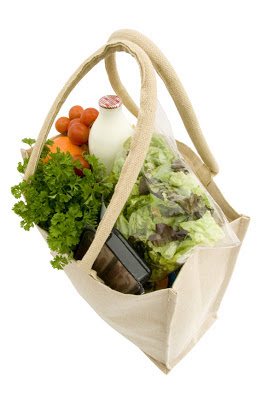Eating well on the road is hard for everyone because of the limited access to fresh, healthy foods. Fast food options are endless, but there are ways to still get the nutrients your body needs without the extra fat and empty calories. Choose foods that will help your performance, but not leave you feeling sluggish.
- When possible, substitute vegetables and fruit in place of higher fat options that provide little nutrition quality to your meal (aka French fries)
- Get things on the side when possible (salad dressings, etc). Put the meal in your control!
- Look for words: bake, broil, steamed, and roasted. Avoid the words: fried, sauteed, and au gratin. The way that it is prepared can totally change the nutrient content. Don't get weighed down by adding extra fat.
- Plan ahead and pack snacks. May need to avoid packing anything liquid if you are flying. Ideas include:
- Trail mix
- Bagels w/peanut butter
- Pretzels
- Fresh fruit
- Yogurt (if you have a cooler)
- Don't forget the water! Stay hydrated!
Look at this handout provided by SCAN (group of sport RDs). It spells out ways to order at various types of restaurants, including Mexican, fast food, sub style, and bakeries. It also provides many other helpful hints.






